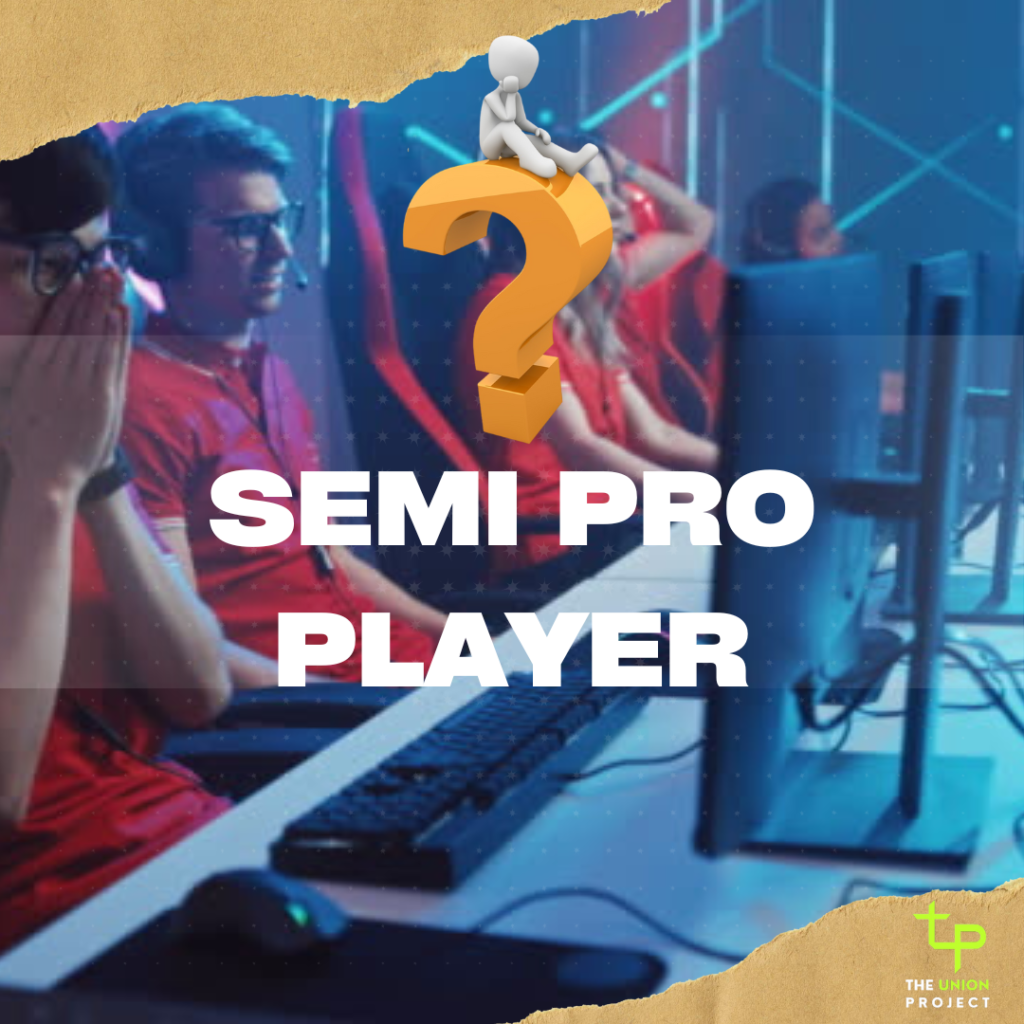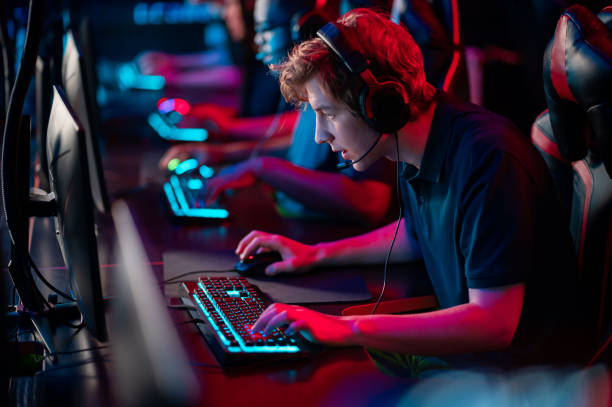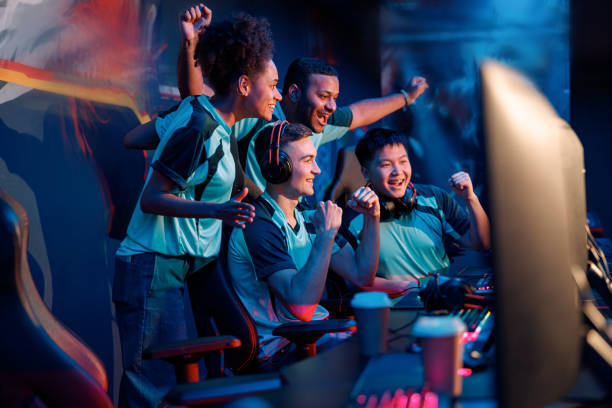
Becoming a semi-professional player in esports, whether it’s for titles like Dota 2, League of Legends or CS:GO, is far more difficult. While an experienced gamer might have a clear path to the big leagues, the road to semi-professional status is much murkier. When do you know that you’ve made the cut? Here are a few things to look for when you’re making the evaluation:
Here are key factors to consider if you're assessing whether you're a semi-pro player:

1. Participation in Competitive Leagues and Tournaments
- Lower-tier Professional Leagues: You regularly participate in competitive leagues and tournaments that are recognized in the esports community but are a step below the major leagues and premier events.
- Qualifiers and Open Competitions: You’ve successfully competed in or consistently qualify for tournaments that serve as stepping stones to higher-level competitions.
2. Performance and Recognition
- Consistent High Performance: You consistently place well in competitions, indicating your skill level is significantly above the average player.
- Recognition: Your abilities are recognized by the community, peers, or even professional teams, even if you haven’t yet secured a position on a pro team.

3. Commitment to Training
- Structured Training Regimen: You adhere to a strict training program that includes many practice sessions, strategic research, and mental and physical conditioning. This timetable is designed to emulate the commitment of professional athletes.
- Balancing Commitments: You spend a lot of time honing your skills even though you might have other obligations like a job or school.
4. Earnings and Sponsorships
- Prize Money: : You have won money from tournaments, demonstrating a level of success above casual play, even though you may not be living exclusively off of your esports earnings.
- Sponsorships: You may have minor sponsorships or support from smaller brands, organization, reflecting recognition of your potential in the competitive scene.
5. Team Affiliation
Competitive Teams: You play on a team that frequently participates in competitions. The team functions with a degree of structure, planning, and dedication that is similar to professional teams, even if it may not be entirely professional.
6. Community Involvement
Coaching and Content Creation: Through coaching, content production, or other activities that enhance the scene and establish your presence within it, you are a part of the game’s community.
Take into account these inquiries to assess your status even more:

Do I play the game, despite my other commitments in life, with the devotion and mindset of a professional?
Is my esports career progressing in a noticeable way—am I rising in the rankings, winning more often, or being noticed?
Am I actively looking for possibilities to advance to a professional role through skill development, networking, and participation in appropriate competitions?
Achieving semi-pro status is a noteworthy accomplishment that signifies a high degree of talent, commitment, and progress towards a professional esports career. If the majority of these ideas apply to your current esports experience, you might be moving from being an enthusiastic amateur to a well-known semi-professional player while navigating the demanding but rewarding world of competitive gaming.